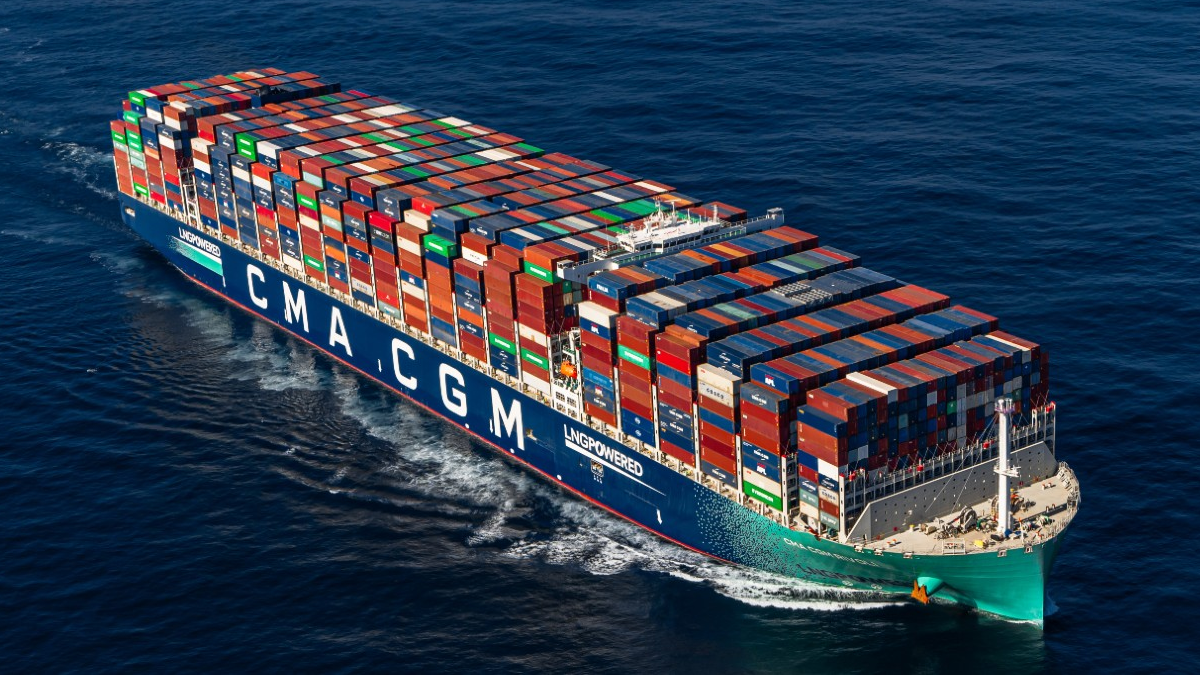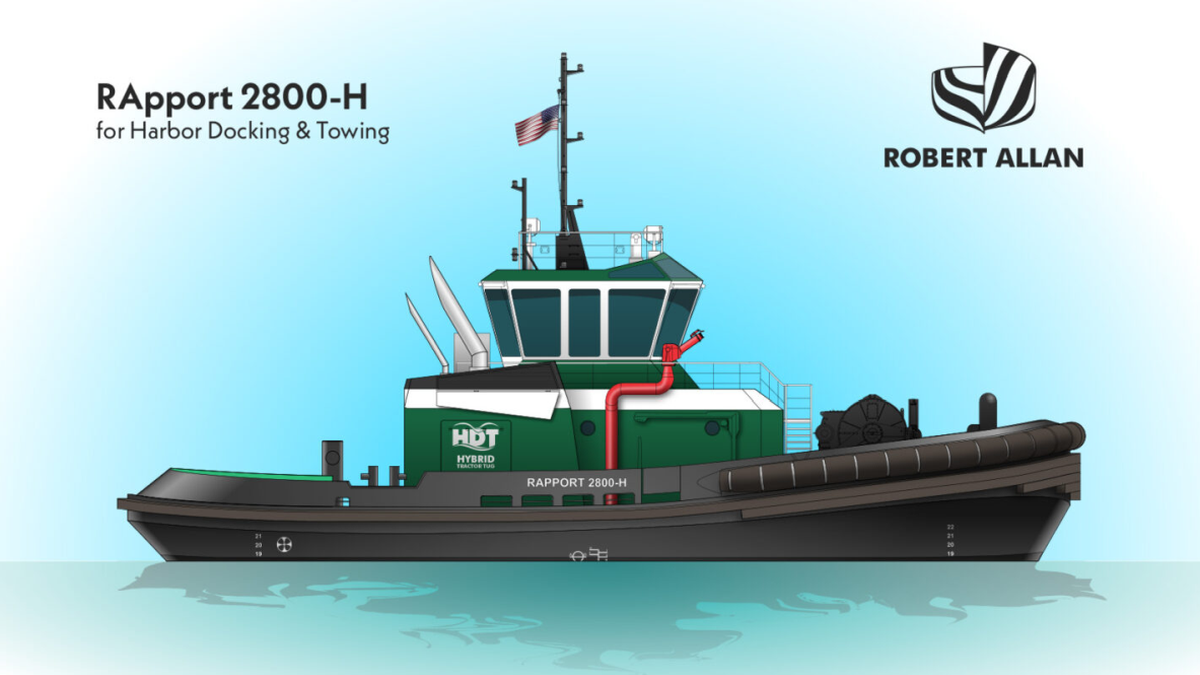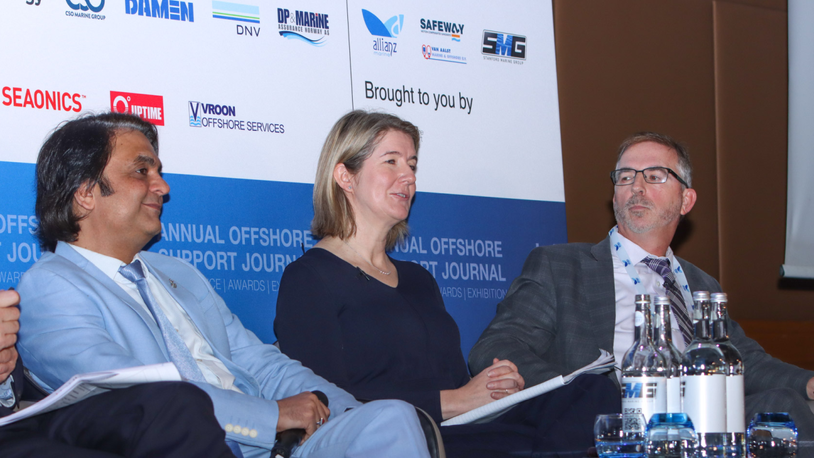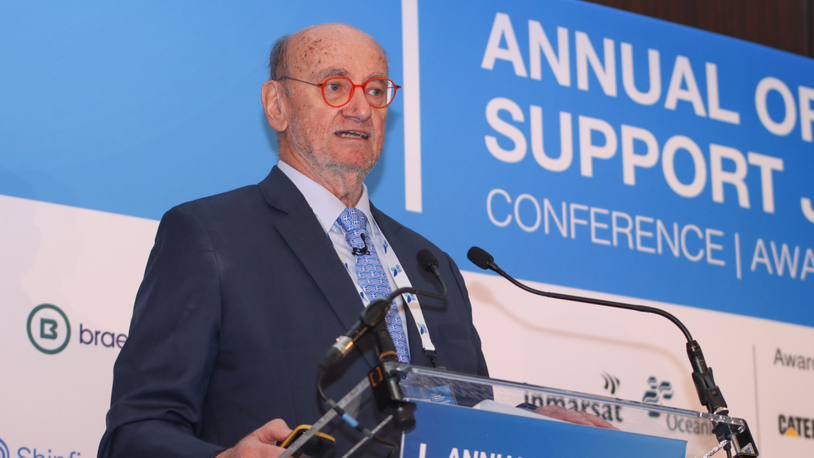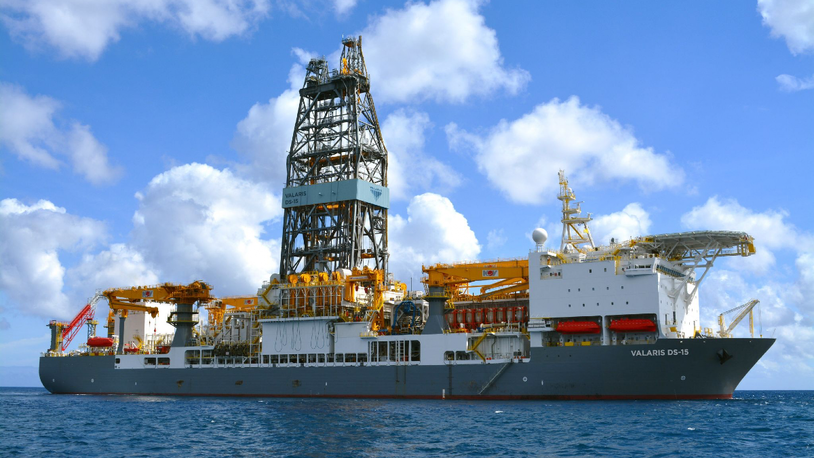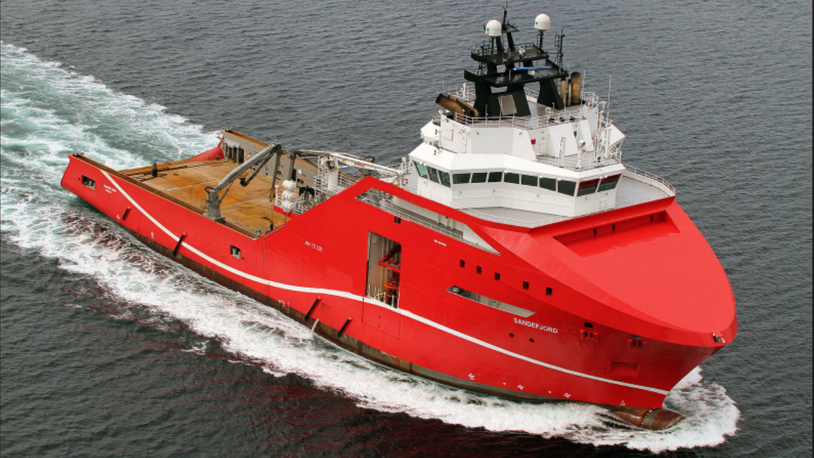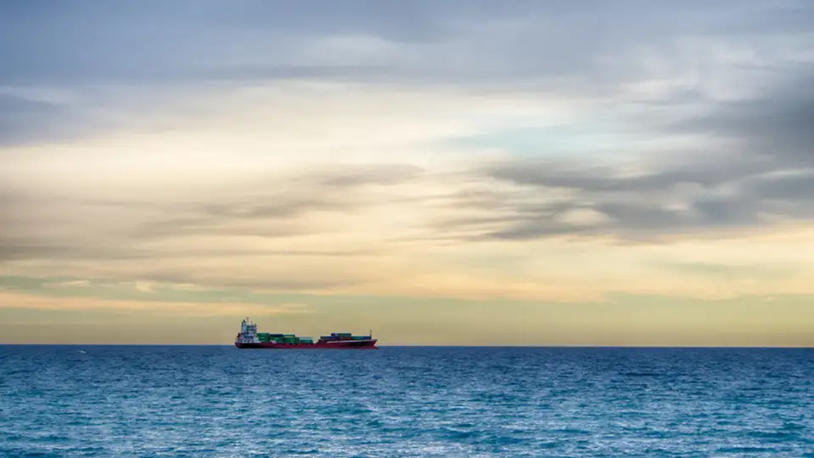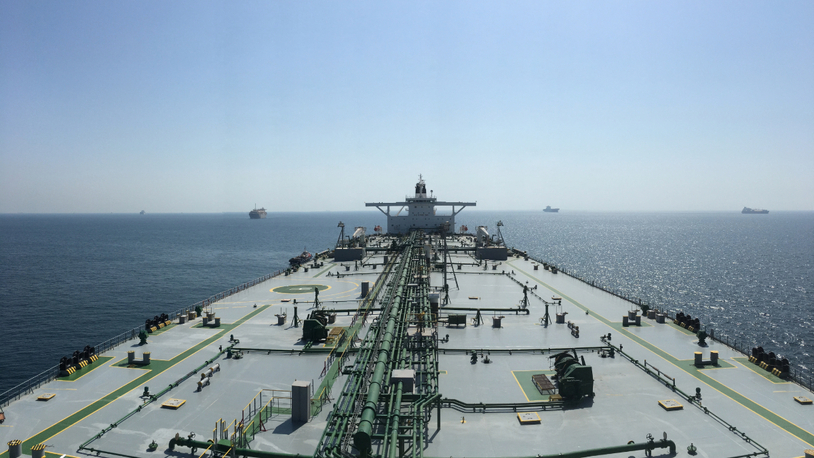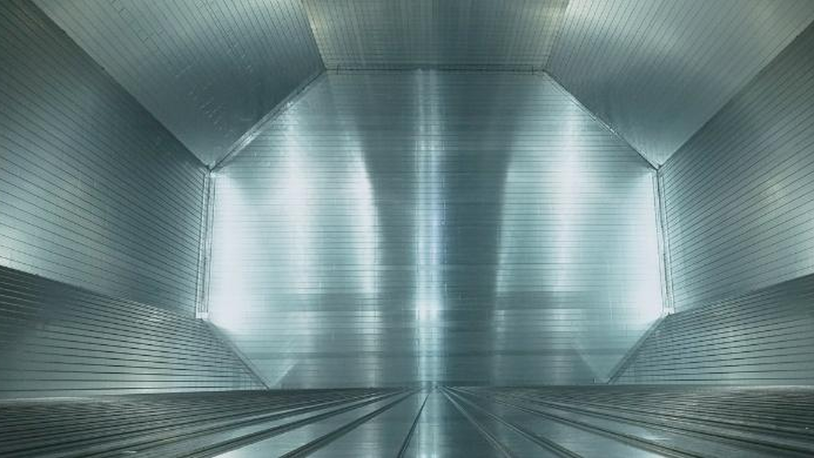Business Sectors
Events
Floating energy: successfully unlocking stranded gas using FLNGs and FSRUs
Contents
CMA CGM designates US$1.5Bn for energy transition
Fund to foster container shipping giant’s decarbonisation efforts comes after repeatedly posting record profits
French container shipping company CMA CGM has allocated US$1.5Bn in budgetary resources to hasten decarbonisation across its shipipng, inland goods transport and logistics networks.
The ’Special Fund for Energies’ will operate on a five-year investment timeline and have a dedicated team to manage operations, the company said.
"The fund will invest to support the industrial production of new fuels, as well as low-emissions mobility solutions across the group’s business base (maritime, overland and air freight shipping; port and logistics services; offices). It will help to support a global innovation platform developed alongside large corporations, SMEs, start-ups, and the academic and scientific community," CMA CGM said.
Among four key areas of investment, the fund will seek to push development and secure supplies of renewable energy, decarbonise port terminal operations, invest in emerging technology companies and improve energy efficiency in its business operations.
Set to begin work in October 2022, fund managers have been set goals that include supporting the emergence of industrial-scale production facilities for biofuels, biomethane, e-methane, carbon-free methanol and other alternative fuels, and increasing and securing volumes of those fuels for CMA CGM, through partnerships and investments.
CMA CGM pointed to its early adoption of LNG as a ’transition fuel’ for its fleet of ultra-large container ships and existing initiatives in biomethane and e-methane production. The Salamander Project, undertaken in partnership with French utility company Engie, is set to produce 11,000 tonnes of second-generation biomethane per year starting in 2026, with a target to generate 200,000 tonnes of renewable gas per year by 2028. And a biomethane production and liquefaction project, developed with gas production company Titan, will produce up to 100,000 tonnes by 2025, with the possibility of doubling output by 2027, according to CMA CGM. The company is also part of the Jupiter 1000 gas consortium in the port of Marseille where CMA CGM has historically operated, to develop mass-production of e-methane and decarbonisation of gas networks.
Around emerging decarbonisation techology, CMA CGM said it will continue to support and trial projects such as the prototype liquid hydrogen-fuelled regional container vessel it is developing with the Energy Observer project and the prototype sail-powered cargo ship under development with startup Neoline that is set to launch in 2024.
In terms of port and business operations, CMA CGM will look to electrify its port equipment, aiming for carbon-free power generation at ports by 2025 including solar power and electric-powered truck fleets, while building efficiency throughout CMA CGM group offices and incentivising lower-carbon commuting and working from home to avoid unneccessary travel by staff.
CMA CGM has posted a series of record-breaking profits in recent quarterly reports, with the latest showing the group’s net income for the first half of 2022 hitting nearly US$15Bn.
Want to know more about alternative fuels? Browse Riviera Maritime Media’s free webinar library.
Riviera Maritime Media will provide free technical and operational webinars in 2022. Sign up to attend on our events page
Related to this Story
Events
Maritime Regulations Webinar Week
Floating energy: successfully unlocking stranded gas using FLNGs and FSRUs
© 2024 Riviera Maritime Media Ltd.


